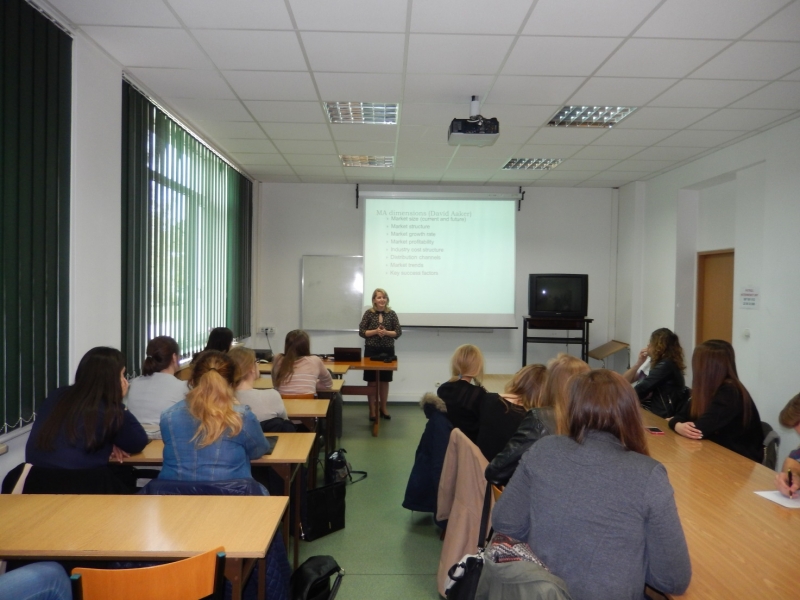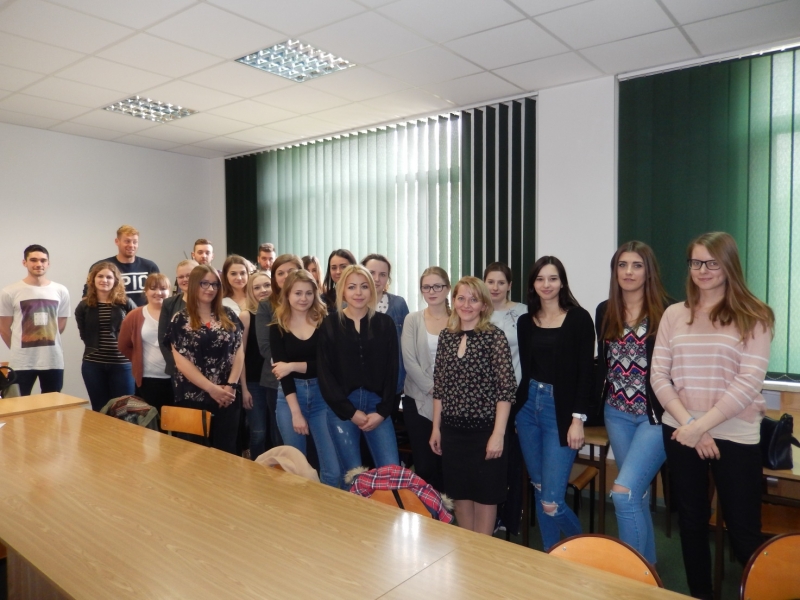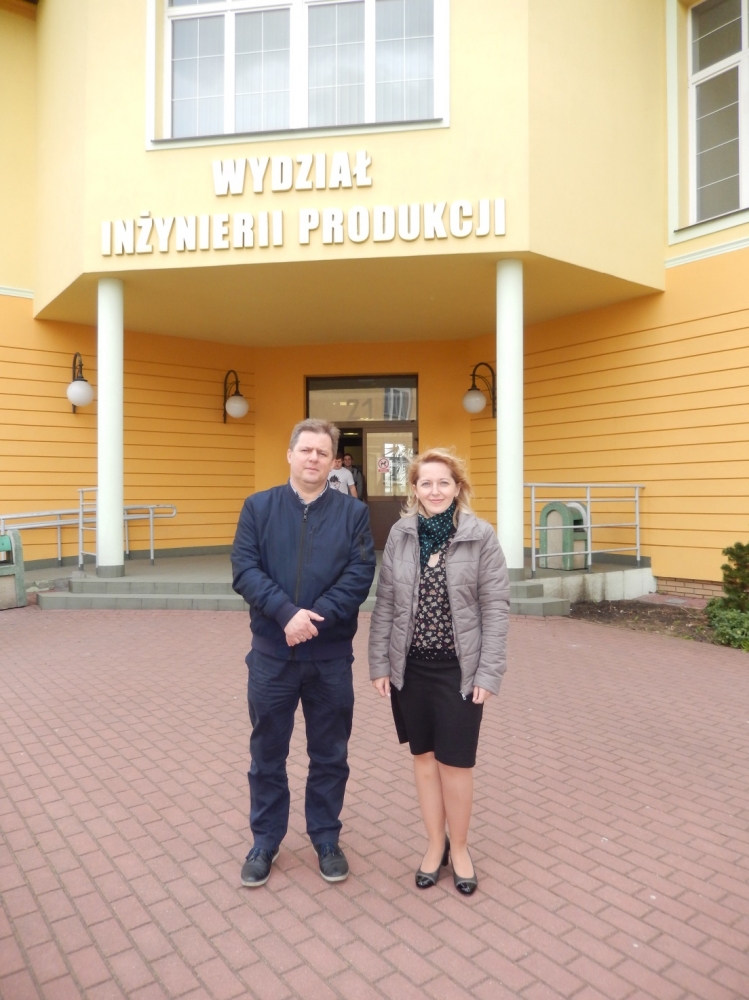Програма мобільності Еразмус+ сприяє підвищенню кваліфікації викладачів економічного факультету
24-28 квітня 2017 року в рамках програми Erasmus+ к.е.н., доцент кафедри статистики та економічного аналізу Макарчук О.Г. перебувала з візитом у якості викладача на факультеті «Технології виробництва» Варшавського університету наук про життя м. Варшава (Польща).

Оксана Макарчук представила економічний факультет НУБіП України, зокрема презентувала історію та багатовекторність діяльності факультету. Для студентів магістратури спеціальності «Менеджмент» провела лекції на такі теми: об’єкт та завдання аналізу ринку; методологія аналізу ринку; процес здійснення аналізу ринку; характеристика складових аналізу ринку. Студенти виявили зацікавленість до ринку аграрної продукції в Україні та під час дискусії висловили своє бачення на нинішні тенденції виробництва сільськогосподарської продукції і її реалізації у Польщі.

Участь у програмі Еразмус+ сприятиме подальшому вдосконаленню навчальних підходів, які в свою чергу підвищать якість навчальної роботи на кафедрі. За допомогою мобільності в рамках програми Еразмус+ є можливість продовжувати співпрацю із викладачами факультету «Технології виробництва» Варшавського університету наук про життя. Так у травні 2017 року очікується приїзд кандидата сільськогосподарських наук Я.Скудларскі у НУБіП України.
